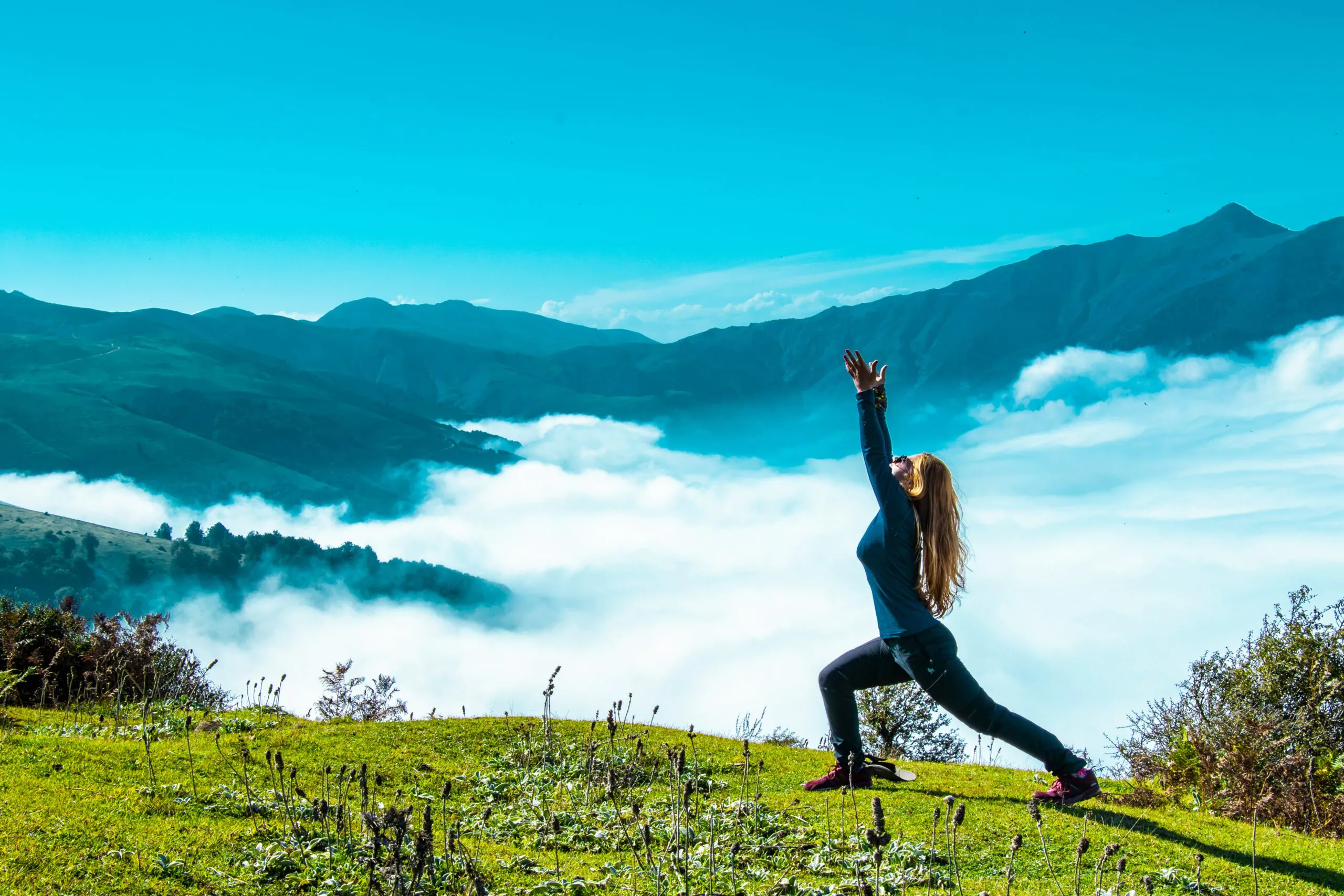Meditation and Mindfulness Practices for Digital Nomads
As someone who’s spent the last three years embracing the digital nomad lifestyle, I’ve discovered that maintaining mental equilibrium while hopping between time zones isn’t just helpful – it’s essential for survival. The constant rush of new experiences, while exhilarating, can sometimes feel like drinking from a fire hose. That’s where meditation and mindfulness practices have become my anchor in this exciting but often chaotic lifestyle.
Living out of a suitcase while managing client deadlines across multiple time zones can be both liberating and overwhelming. Whether you’re coding from a café in Chiang Mai or writing proposals from a beach in Bali, the digital nomad life demands a level of mental resilience that few other lifestyles require. Through my own journey and conversations with fellow nomads, I’ve learned that incorporating mindfulness practices isn’t just about finding inner peace – it’s about creating a sustainable way to thrive in this unique lifestyle.
The Hidden Challenges of Digital Nomad Life
Let’s be honest – behind those Instagram-worthy shots of laptops by the beach lies a reality that’s far more complex. When I first started my nomadic journey, I quickly realized that the freedom of location independence came with its own set of mental challenges:
- Time zone tetris with clients and teammates
- The constant need to adapt to new environments
- The paradox of feeling lonely despite meeting new people constantly
- Maintaining productivity while battling travel fatigue
- Managing anxiety about unstable internet connections
- Balancing work commitments with the desire to explore
These challenges led me to explore various meditation and mindfulness techniques, and what I discovered transformed not just my work life, but my entire approach to nomadic living.
The Science Behind Meditation
Recent neuroscience research has revealed fascinating insights into how meditation affects the brains of people who frequently change environments. A 2023 study published in the Journal of Neuroscience showed that regular meditation practice can strengthen the brain’s adaptation capabilities – particularly relevant for those of us who call the world our home.
The research indicates that just 10 minutes of daily meditation can:
- Increase gray matter in regions responsible for emotional regulation
- Enhance cognitive flexibility, making it easier to adapt to new situations
- Reduce activity in the brain’s default mode network, which is associated with mind-wandering and anxiety
- Improve sleep quality, even when dealing with jet lag
Building a Portable Meditation Practice
Through trial and error, I’ve developed several strategies that work well within the constraints of a nomadic lifestyle. Here’s what I’ve found most effective:
1. Morning Mindfulness Ritual
Rather than trying to find the “perfect” meditation spot, I’ve learned to create a mental sanctuary wherever I wake up. My morning routine starts with:
- A 3-minute gratitude practice while still in bed
- 5 minutes of mindful stretching to connect with my body
- 10 minutes of breath-focused meditation
- A moment to set intentions for the day
2. Environmental Adaptation Techniques
One of the most valuable skills I’ve developed is the ability to meditate in less-than-ideal conditions. Here’s what works:
- Using background noise as a meditation object instead of fighting it
- Creating a “meditation corner” in each new accommodation using familiar objects
- Practicing walking meditation while exploring new locations
- Using white noise apps when in noisy environments
3. Digital Tools for Mindfulness
The digital nomad lifestyle and technology go hand in hand, so why not use it to enhance our practice? Some tools that have proven invaluable:
- Insight Timer for connecting with meditation communities worldwide
- Forest app for maintaining focus during work sessions
- Mindfulness Bell app for regular check-ins throughout the day
- Journey app for maintaining a digital gratitude journal

Advanced Mindfulness Practices for Seasoned Nomads
As your practice deepens, you might want to explore more sophisticated techniques that particularly benefit the nomadic lifestyle:
Cultural Integration Meditation
This practice involves mindfully observing and absorbing the cultural elements of your current location. It helps reduce culture shock and deepens your travel experience:
- Observe local customs and rituals with focused attention
- Practice mindful eating with local cuisines
- Engage in mindful listening when learning new languages
- Incorporate local spiritual practices into your routine
Digital Boundary Meditation
This practice helps maintain healthy boundaries with technology – crucial for digital nomads:
- Regular device-free meditation periods
- Mindful email checking
- Conscious social media use
- Digital sunset rituals
Building Community Through Mindfulness
One of the most rewarding aspects of maintaining a meditation practice as a digital nomad is the opportunity to connect with like-minded individuals worldwide. Consider:
- Joining local meditation groups through platforms like Meetup
- Participating in online meditation communities
- Organizing mindfulness sessions with other nomads
- Attending meditation retreats in different countries
Creating Sustainable Practices
Remember that consistency matters more than perfection. Start small and build gradually:
- Begin with 5-minute sessions
- Focus on regularity rather than duration
- Adapt your practice to your current environment
- Be compassionate with yourself when travel disrupts your routine
Resources for Deeper Learning
For those interested in expanding their practice, here are some valuable resources:
- Books: “The Mind of the Leader” by Rasmus Hougaard
- Apps: Calm, Headspace, Insight Timer
- Retreats: Vipassana centers worldwide (offering free 10-day courses)
For scientific research on meditation’s benefits, the National Center for Complementary and Integrative Health provides comprehensive information backed by scientific studies. Additionally, the American Psychological Association offers valuable insights into the psychological benefits of meditation practices.
Moving Forward with Mindfulness
Integrating meditation and mindfulness practices into your digital nomad lifestyle isn’t about achieving perfect zen or completely eliminating stress. It’s about creating a sustainable way to navigate the unique challenges and opportunities of location-independent living.
By maintaining a regular practice, you’ll likely find yourself better equipped to handle the uncertainties of nomadic life, more present in your experiences, and more productive in your work. Remember, the goal isn’t to eliminate the chaos of nomadic life – it’s to find your center within it.
The beautiful thing about combining meditation with a nomadic lifestyle is that every new location becomes an opportunity to deepen your practice. Each challenge becomes a chance to grow, and every move becomes a lesson in letting go and beginning again.
Related Post: Top 10 Remote Jobs with the Best Work-Life Balance













